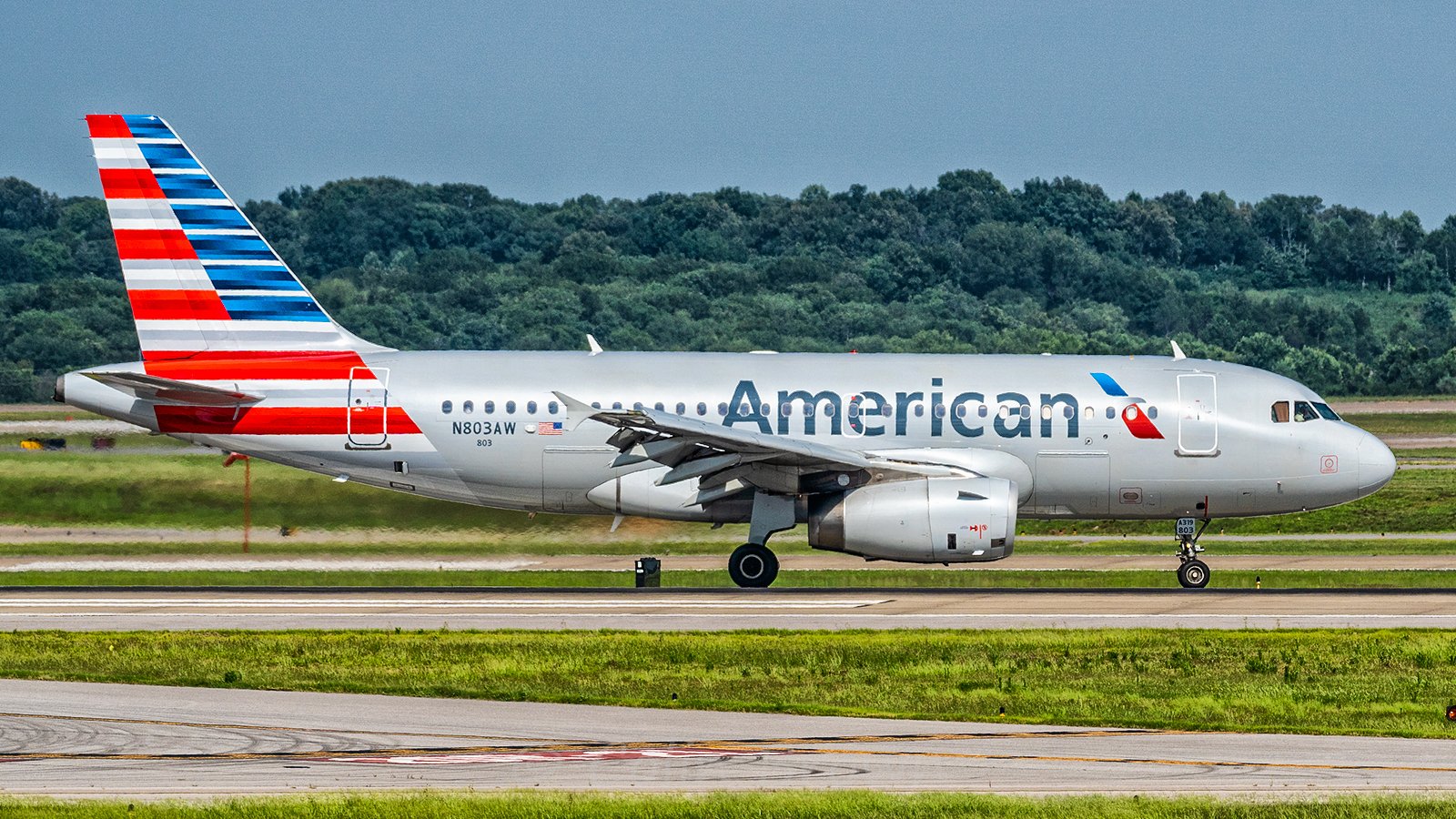
In a landmark decision that underscores the importance of animal welfare, Envigo, a prominent beagle breeding facility, has been fined $3.5 million for numerous violations of the Animal Welfare Act. The ruling, announced on June 4, 2024, follows a lengthy investigation that revealed widespread mistreatment and neglect of animals at the company’s facility in Cumberland, Virginia.
The U.S. Department of Agriculture (USDA) conducted the investigation, which uncovered a series of disturbing practices at Envigo’s breeding facility. Inspectors found that the company had failed to provide adequate veterinary care, proper housing, and sufficient food and water to the beagles in its care. The investigation also revealed instances of overcrowding, unsanitary conditions, and the use of unapproved euthanasia methods.
In a statement, USDA Secretary Tom Vilsack emphasized the severity of the violations and the need for accountability. “The findings of this investigation are deeply troubling,” Vilsack said. “Envigo’s actions represent a blatant disregard for the welfare of the animals in their care. This fine sends a clear message that such behavior will not be tolerated.”
The $3.5 million fine is one of the largest penalties ever imposed for animal welfare violations and reflects the gravity of the infractions. In addition to the financial penalty, Envigo has been ordered to cease all breeding operations at the Cumberland facility and to transfer the remaining animals to reputable shelters and rescue organizations.
Animal rights advocates have hailed the ruling as a significant victory for animal welfare. Kitty Block, president and CEO of the Humane Society of the United States, praised the USDA’s actions. “This decision is a critical step toward ensuring that animals are treated with the care and respect they deserve,” Block said. “Envigo’s egregious violations highlight the urgent need for stronger enforcement of animal welfare laws.”
The investigation into Envigo began in 2022 after a series of complaints from former employees and animal rights groups. The USDA conducted multiple inspections of the facility, documenting numerous violations over an extended period. The evidence collected included photographs, videos, and detailed reports of the conditions at the breeding site.
One former employee, who spoke on condition of anonymity, described the conditions at the facility as “horrific.” “The dogs were kept in cramped, filthy cages,” the former employee said. “Many of them were sick and injured, and there was little to no veterinary care provided. It was heartbreaking to see.”
Envigo, which supplies beagles for research purposes, has faced criticism from animal rights groups for years. The company has defended its practices, arguing that it adheres to industry standards and that the animals are well cared for. However, the findings of the USDA investigation have cast serious doubt on these claims.
In response to the ruling, Envigo issued a statement expressing its commitment to improving its practices. “We take the findings of the USDA investigation very seriously,” the statement read. “We are committed to making the necessary changes to ensure the welfare of the animals in our care. We will work closely with the USDA to address the issues identified and to implement best practices moving forward.”
The case has also sparked a broader conversation about the use of animals in research and the need for stricter regulations to protect their welfare. Dr. Jane Goodall, renowned primatologist and animal rights advocate, weighed in on the issue, calling for a reevaluation of the ethical implications of using animals in research. “We must ask ourselves whether the benefits of animal research justify the suffering it causes,” Goodall said. “It is imperative that we explore alternative methods that do not involve the use of animals.”
As Envigo works to comply with the terms of the settlement, animal rights groups are calling for increased oversight and enforcement of animal welfare laws. The Humane Society and other organizations are urging Congress to pass legislation that would strengthen protections for animals used in research and ensure that facilities like Envigo are held accountable for their actions.
The $3.5 million fine and the closure of Envigo’s Cumberland facility mark a significant step toward improving animal welfare standards. However, advocates stress that more work is needed to ensure that all animals are treated with the care and respect they deserve. As the conversation continues, the hope is that this case will serve as a catalyst for meaningful change in the treatment of animals in research and beyond.




